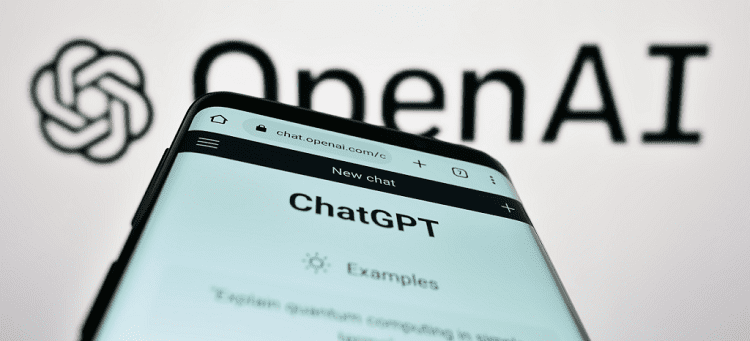OpenAI is transforming the way users interact with ChatGPT by launching a groundbreaking feature that allows seamless integration of various GPT (Generative Pre-trained Transformers) technologies into conversations, this innovation marks a significant shift in digital communication, substantially enhancing the user experience.

Simplified Access to GPTs
The new system enables ChatGPT users to effortlessly incorporate different GPT technologies into their discussions, by simply typing ‘@’ followed by selecting a desired GPT from a dropdown menu, users can effectively merge GPT technologies into ongoing conversations, this function resembles the user experience on platforms like Slack, where mentioning a contact incorporates them into the chat.
Comprehensive Conversation Comprehension
Each selected GPT in ChatGPT possesses the ability to fully grasp and understand the context of the conversation, users have the opportunity to call upon various GPTs to cater to a wide range of use cases and requirements, significantly improving the overall chat experience.
OpenAI’s Announcement
In a recent tweet, OpenAI emphasized the simplicity and importance of adding GPTs within the full context of a conversation, this feature aims to enhance the practical utility and encourage repeated use of GPT technologies by simplifying and improving the user experience.
You can now bring GPTs into any conversation in ChatGPT – simply type @ and select the GPT.
This allows you to add relevant GPTs with the full context of the conversation. pic.twitter.com/Pjn5uIy9NF
— OpenAI (@OpenAI) January 30, 2024
Discovering GPTs with GPT Store
Following the launch of the GPT Store, a marketplace for GPT applications accessible through the ChatGPT dashboard, this new feature boosts users’ ability to discover specialized versions of GPT developed by users themselves, the store serves as a pivotal point for finding beneficial and diverse GPT iterations.
Ease of Creating GPTs
Creating GPTs does not require advanced programming expertise, opening the door for developers to produce GPTs that range from simple to complex models, according to their preferences and needs, this accessibility makes GPT development suitable for a wide array of users with varying programming skill levels.
Diversity in GPTs
Currently, the GPT Store hosts a select array of GPTs, including AllTrails’ trail recommendation GPT, Khan Academy’s coding tutorial GPT, and Canva’s content design GPT, this collection reflects the diversity and specialization of GPT applications available in the store.
Monetization Prospects for Developers
OpenAI plans to introduce a feature allowing developers to monetize by selling access to their developed GPTs, this strategy aims to foster innovation and the development of specialized GPTs, however, increasing the store’s traffic and popularity are essential prerequisites for the successful implementation of this plan.
Web Traffic Insights
According to Sameweb’s web analytics, GPT visits account for approximately 2.7% of the total global ChatGPT visits, despite this figure, a downward trend in GPT visits has been observed since November, suggesting challenges related to promotion or engagement with these technologies, this decline could prompt a reassessment and improvement of marketing and awareness strategies for GPT features and capabilities.

Content Moderation Challenges
In the first week of the GPT Store’s launch, the marketplace saw an influx of suggestively romantic chat applications, a clear violation of OpenAI’s rules, additionally, some developers created bots for political campaigns, another explicit violation of usage standards.
OpenAI responded to these challenges by removing some of the offending applications, the company claims to use a mix of human and automated reviews to identify and address non-compliant GPTs, this move demonstrates OpenAI’s commitment to maintaining a safe and respectful user environment and ensuring responsible and ethical use of GPT technologies.
Future Challenges
As the number of GPTs grows, moderation challenges are expected to increase, necessitating more robust and effective oversight measures from OpenAI, it’s crucial that these measures combine advanced automated technologies with trained human monitoring to effectively deal with a wide range of ethical and standard-related challenges.

